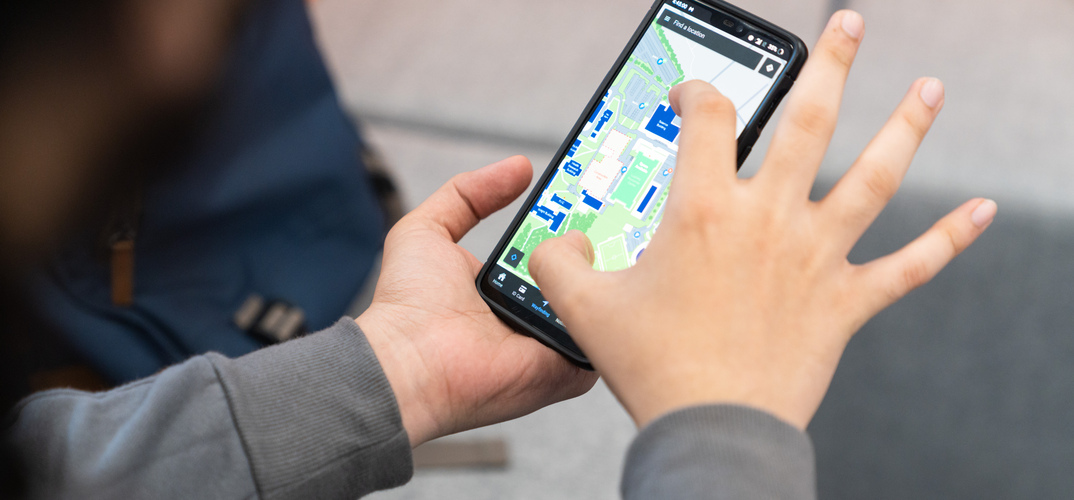Smartphone games can help to detect the long-lasting effects of traumatic brain injuries, researchers have found

New research from the University of Hertfordshire has found that a mobile-phone game app can help identify ongoing problems with navigation ‒ a common long-term symptom of traumatic brain injuries (TBIs) ‒ making these issues easier to diagnose and treat.
The human ability to navigate is controlled by a complex network of mechanisms, involving several different cognitive processes in the brain, which makes it particularly vulnerable to damage. Yet the process of wayfinding, and the ability to orient back to the direction you have recently come, are rarely tested in TBI patients, despite the significant impact these challenges can have on daily life.
Researchers at the University of Hertfordshire have now published results of a study that tested subjects’ navigational abilities using mobile adventure game Sea Hero Quest. It found that patients with TBIs had significant deficits in their navigational abilities, which were not previously revealed through a self-assessment. This opens an avenue for better detection and treatment for people managing the long-term effects of TBIs.
Sea Hero Quest was originally created by game developers Glitchers, in collaboration with academics and game developers from around the world, to help scientists understand how navigational abilities vary with age and gender. This study is the first time this diagnostic tool has been used on subjects with TBIs. Caroline Seton, now a PhD student in Clinical and Experimental Neuropsychology at the University of Reading, carried out this research as part of her MSc in Psychology at the University of Hertfordshire.
The results mean that individual patients will be able to get the help they need more easily; they will also enable scientists to collect data from a much larger community of participants, something that is vital for effective brain injury research.
Dr Rebecca Knight, Senior Lecturer in Psychology and senior co-author of the paper, explained:
“The biggest benefit of this work is that it shows that navigation deficits experienced by TBI patients can be detected using a relatively quick, low-cost method that can be tested remotely – our participants can take part in a certified scientific study while sitting on their sofa!
“Given the heterogeneous nature of traumatic brain injuries, which encompass a huge range of symptoms and experiences, it's crucial that large numbers of people can be tested in order to draw meaningful conclusions. We hope that by using apps like Sea Hero Quest, we can gather a large amount of data and get greater insights into the mechanisms behind this deficit – as well as creating interventions to better support people as they manage long-term impacts of their injury”.
Researchers hope that their findings will open the door to larger-scale studies that will provide more detailed understanding of the mechanisms affected, and potential treatments to improve navigational abilities.
The paper, ‘Wayfinding and path integration deficits detected using a virtual reality mobile app in patients with traumatic brain injury’, is now available to read in PLOS ONE.